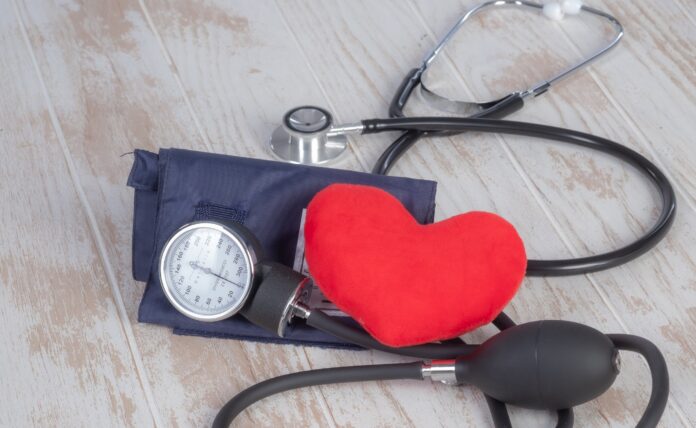PALO ALTO, Calif.— As the global medical community marks World Hypertension Day on May 17, attention is turning to the pressing need for more effective treatments for high blood pressure—particularly for the millions of patients whose condition remains uncontrolled despite medication and lifestyle changes. Among the most promising innovations is the Paradise™ Ultrasound Renal Denervation (uRDN) system from Recor Medical, which is showing strong clinical results in reducing blood pressure in patients with treatment-resistant hypertension.
World Hypertension Day 2025, themed “Measure Your Blood Pressure Accurately, Control It, Live Longer,” underscores the critical importance of early diagnosis and effective management of high blood pressure. Hypertension, often called the “silent killer,” affects an estimated 1.3 billion people globally, a figure that has doubled since 1990, according to the World Health Organization. Yet, despite its prevalence, less than half of those with the condition receive adequate diagnosis and treatment.
For roughly one-third of patients on antihypertensive medication, blood pressure remains dangerously high. These patients face an elevated risk of serious complications such as heart attacks, strokes, and kidney disease. Experts argue that alternative, non-pharmaceutical interventions are needed—especially therapies that address patient adherence challenges and provide around-the-clock effectiveness.
The Paradise uRDN system, developed by California-based Recor Medical, uses ultrasound energy to target the overactive sympathetic nerves surrounding the renal arteries—a key contributor to high blood pressure. During a minimally invasive procedure, the system delivers two to three seven-second doses of ultrasound energy through the renal arteries to disrupt nerve signaling. A unique HydroCooling™ feature helps protect the artery walls during treatment by circulating sterile water through the device’s balloon catheter.
“This technology offers a safe and effective new option for high-risk patients,” said Prof. Andrew Sharp of University College Dublin and The Mater Misericordiae Hospital. “Even modest reductions in blood pressure—just 5 to 10 mmHg—can substantially decrease cardiovascular risk. Renal denervation has demonstrated lasting impact, works independently of medication adherence, and fits well with emerging treatment guidelines targeting lower BP thresholds.”
Major medical societies, including the American Heart Association and the European Society of Cardiology, have voiced support for renal denervation in managing difficult-to-treat hypertension. The Paradise system has been evaluated in three independent, randomized, sham-controlled clinical trials, all of which confirmed its safety and efficacy.
In addition to regulatory approval, Recor Medical has launched the Global Paradise System (GPS) Post-Approval Study in the United States. This large-scale, real-world study will follow 1,000 patients over time to assess long-term outcomes of the uRDN procedure.
Indicated for use as an adjunctive therapy, the Paradise uRDN system is specifically for patients who have not achieved adequate blood pressure control through lifestyle changes and medication alone. Physicians must evaluate each case individually to determine suitability for the procedure. Common risks include pain, vascular access site complications, and vasospasm.
As awareness of hypertension continues to grow, especially on days like today, the availability of advanced treatments such as ultrasound renal denervation offers renewed hope for better patient outcomes and long-term cardiovascular health.


